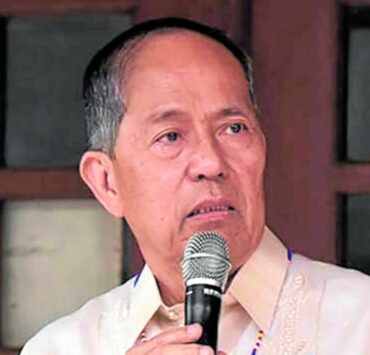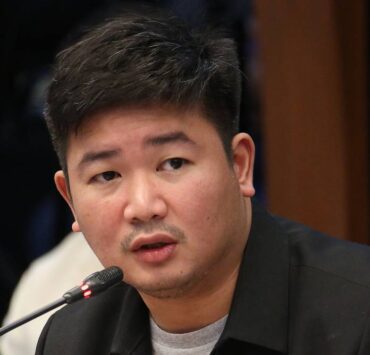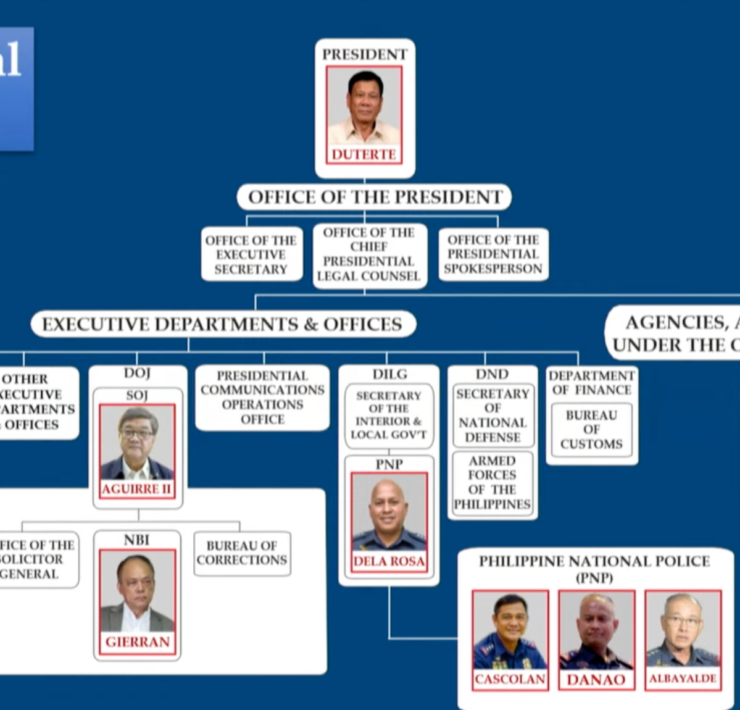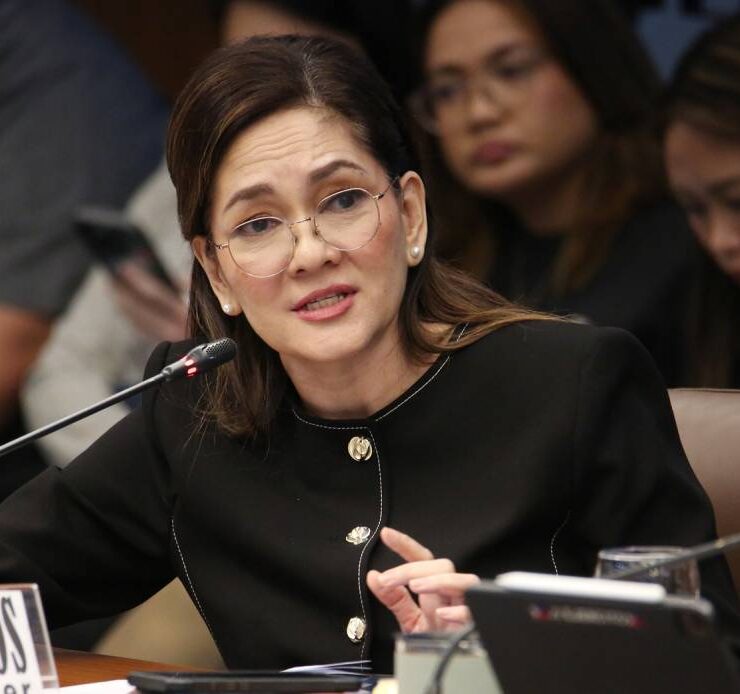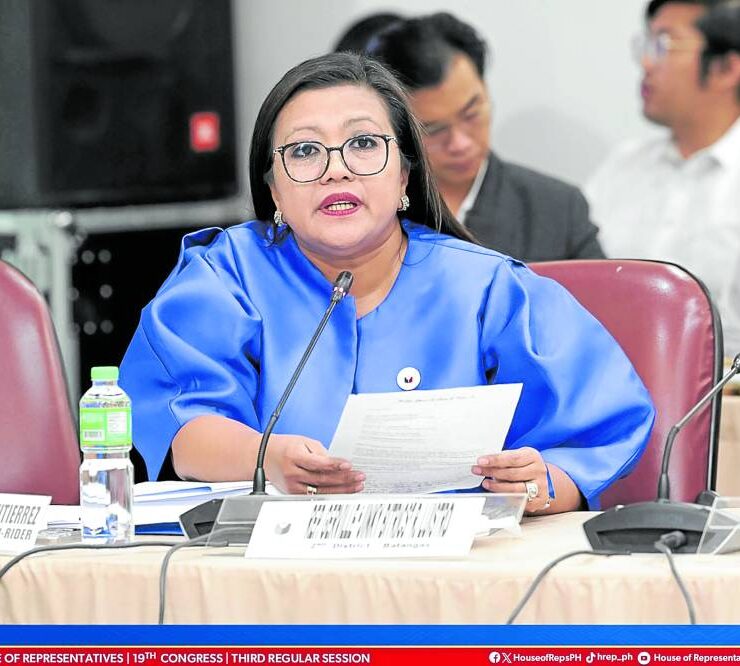ICI seeking more powers: Subpoena, access to info, shield vs TRO
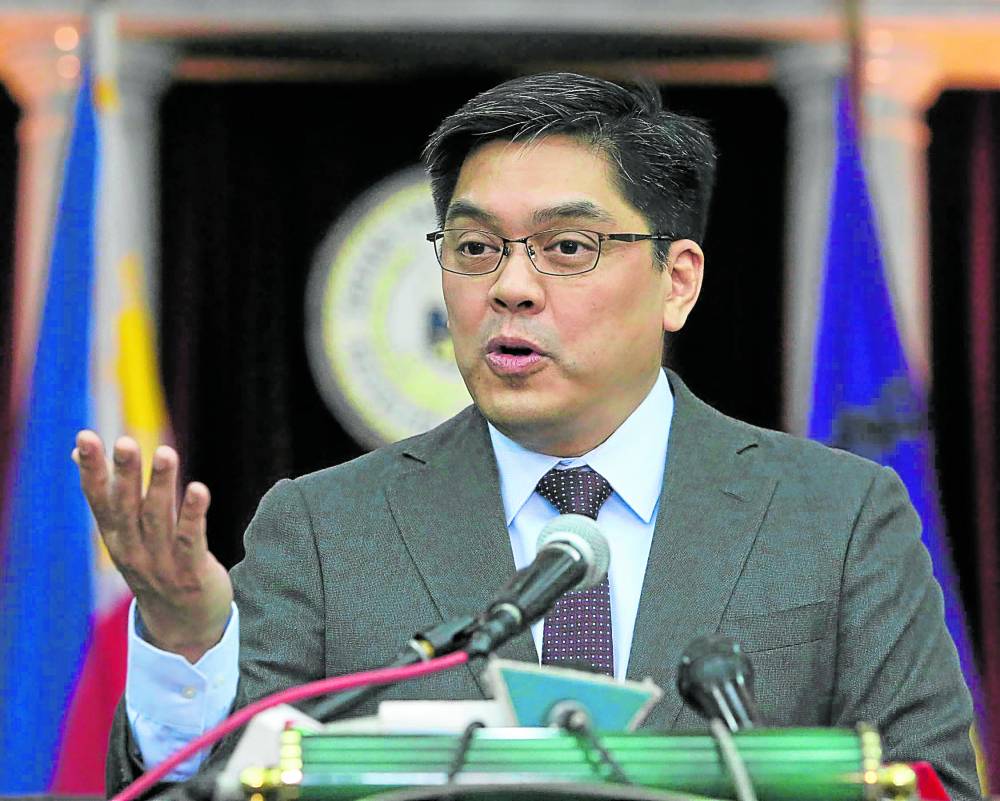
The Independent Commission for Infrastructure (ICI) is asking the House of Representatives to consider giving it broader powers to investigate anomalous public works projects, more than just the authority to cite uncooperative persons in contempt.
During a hearing on Wednesday of the House committee on government reorganization, ICI executive director Brian Hosaka said the commission welcomed two recently filed measures that seek to give it more teeth—House Bill Nos. 4453 and 5699.
But Hosaka suggested that the bills include more provisions that would enable the ICI to perform its tasks more freely.
The two bills, filed by the House minority lawmakers and Navotas Rep. Toby Tiangco, call for the creation of the Independent Commission Against Infrastructure Corruption (ICIAC).
The proposed ICIAC would have broader powers compared to those of the current ICI, which was established by President Marcos though Executive Order No. 94.
The ICIAC would have the authority to file cases, issue subpoenas, and seek preventive suspensions and hold departure orders against officials suspected of corruption, according to the bills.
Hosaka asked the House to consider giving members of the ICIAC immunity from criminal and civil liability “for acts done or omitted in the discharge of its mandate.”
He also suggested a provision expressly barring courts, except the Supreme Court, from issuing restraining orders or injunctions on the commission’s proceedings.
This provision, he said, would be similar to the safeguards set under Republic Act No. 8975, which prohibits lower courts from putting government infrastructure projects on hold.
Security of tenure
Hosaka also said the envisioned ICIAC should have the power to issue closure orders on business establishments, and to directly ask the Philippine Regulatory Commission to cancel professional licenses of individuals found responsible for anomalous projects.
Priority measure
The House committee may also consider granting the ICIAC complete access to information from the following:
National government agencies, local government units, and state-owned corporations, Anti-Money Laundering Council, Bureau of Internal Revenue, Bureau of Customs, Securities and Exchange Commission, Land Registration Authority, and Land Transportation Office.
A transitory clause in the bill would also ensure the continuity of the ICI’s ongoing investigations and the tenure of employees who would be absorbed into the newly established ICAIC, he said.
On Tuesday, the House committee chaired led by Bulacan Rep. Salvador Pleyto ordered the creation of a technical working group to consolidate the two bills and gather the input of various government agencies in relation to the proposed ICIAC.
Speaker Faustino “Bojie” Dy III earlier urged colleagues to prioritize the bills, saying it would help to restore public trust in the government in view of corruption scandal.
Last month, contractor couple Pacifico “Curlee” and Cezarah “Sarah” Discaya, whose companies were found to be at the center of several questionable flood control projects, decided to withdraw their cooperation from the ICI hearings after learning they were not being considered to become state witnesses and be immune from suit.
Critics said the Discayas’ withdrawal, which did not result in any sanction, showed the ICI’s weakness, particularly its lack of contempt powers to compel witnesses to appear in its proceedings.














